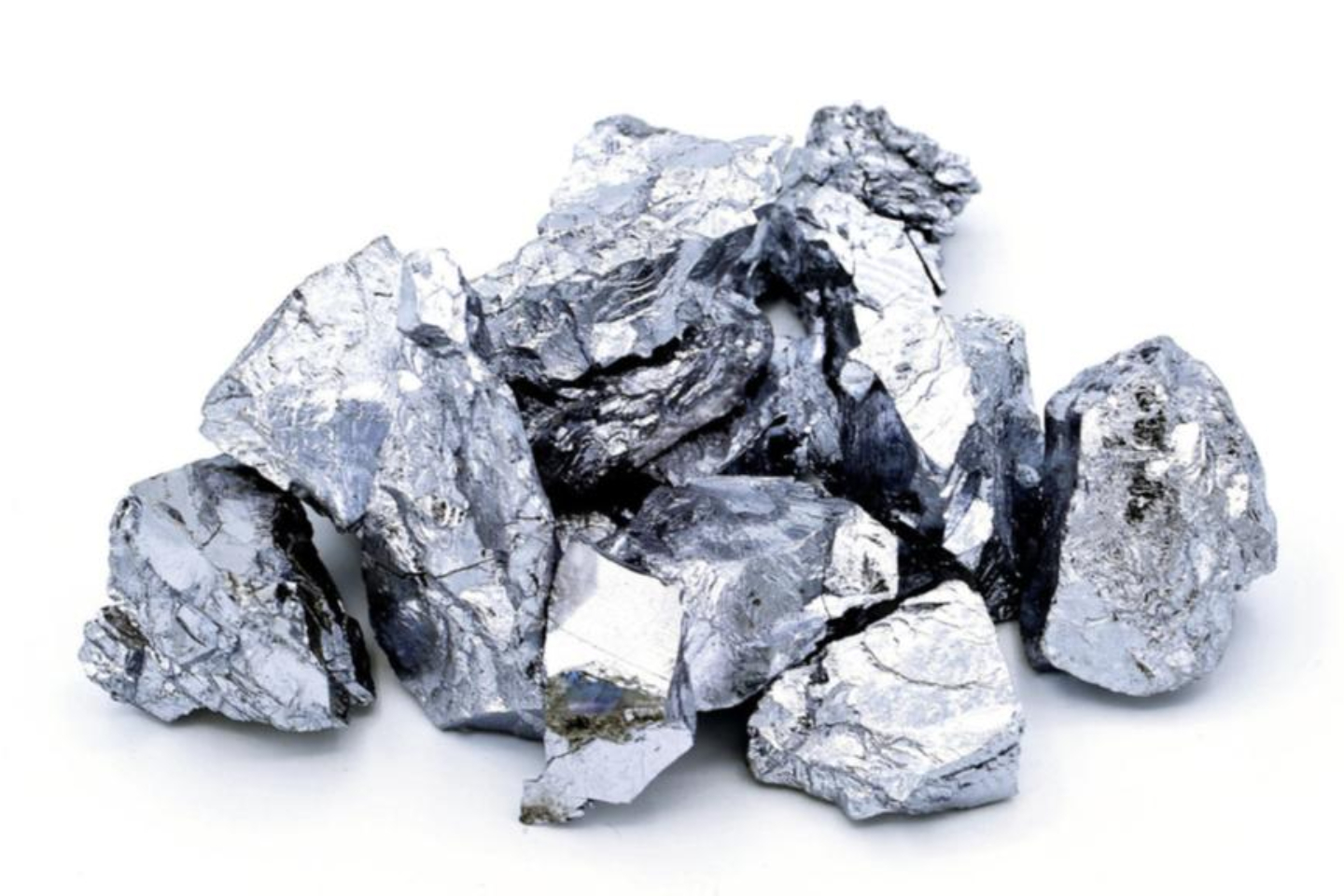Octava Minerals says it has locked in the relevant regulatory approvals required to begin exploration works at its high-grade Yallalong antimony project to the north-east of Geraldton in Western Australia’s Mid West region.
Geological fieldwork including mapping and rock-chip sampling is already underway as the group advances its activities towards the drill-testing of four high-priority targets along a vast 10km antimony corridor identified at the project.
The formal tick of approval for Octava’s program of works (PoW) from the WA Department of Mines, Industry, Regulation and Safety (DMIRS) covers the exploration and planned drilling of the priority antimony targets at Yallalong. Heritage discussions with relevant landholder groups are now proceeding as management looks to clear the pathway to kicking off the campaign.
Yallalong consists of two wholly-owned exploration licences with a combined area of more than 150 square kilometres. Historical soil and rock-chip programs at the project identified the north-south-trending mineralised antimony corridor that hosts the four priority targets.
Notably, one sample from a quartz vein at the Discovery prospect delivered an eye-catching 60.1 per cent antimony.
Past drilling at Discovery also returned a string of impressive intercepts including 3m at 6.83 per cent antimony from 21m and 7m at 3.27 per cent antimony from 12m. The other three targets remain untested by the drill bit.
According to Octava, antimony mineralisation at the project is associated with stockwork quartz-veined zones within sheared, fine-grained sedimentary rocks that lie peripheral to mafic intrusive dykes within the larger shear zone.
Management believes the association of antimony mineralisation with major fault systems and sedimentary host rocks is a common geological setting for many antimony deposits around the world including in Russia, South Africa and the Fosterville project in Victoria.
Antimony has applications in both commercial and military settings. Although it is mainly used in flame retardants for plastics and textiles, its metallic form is also alloyed with lead for use in batteries and munitions.
In turn, the silvery-grey metal has been growing in importance to a host of modern-day applications such as energy storage, including thermoelectric cells, batteries and solar energy.
As is the case with many critical metals, China holds the whip hand when it comes to antimony, accounting for nearly 50 per cent of global production. All up, China, Russia and Tajikistan combine for about 80 per cent of total supply.
In recent times, global supply pressures and Chinese restrictions on exports have seen the price of the metal rocket to record highs of close to US$25,000 (AU$37,100) per tonne.
And Octava appears to be in pole position to capitalise on the boom, with regulatory clearance potentially paving the way for a turbo-charged antimony hunt at Yallalong.
Is your ASX-listed company doing something interesting? Contact: matt.birney@businessnews.com.au














